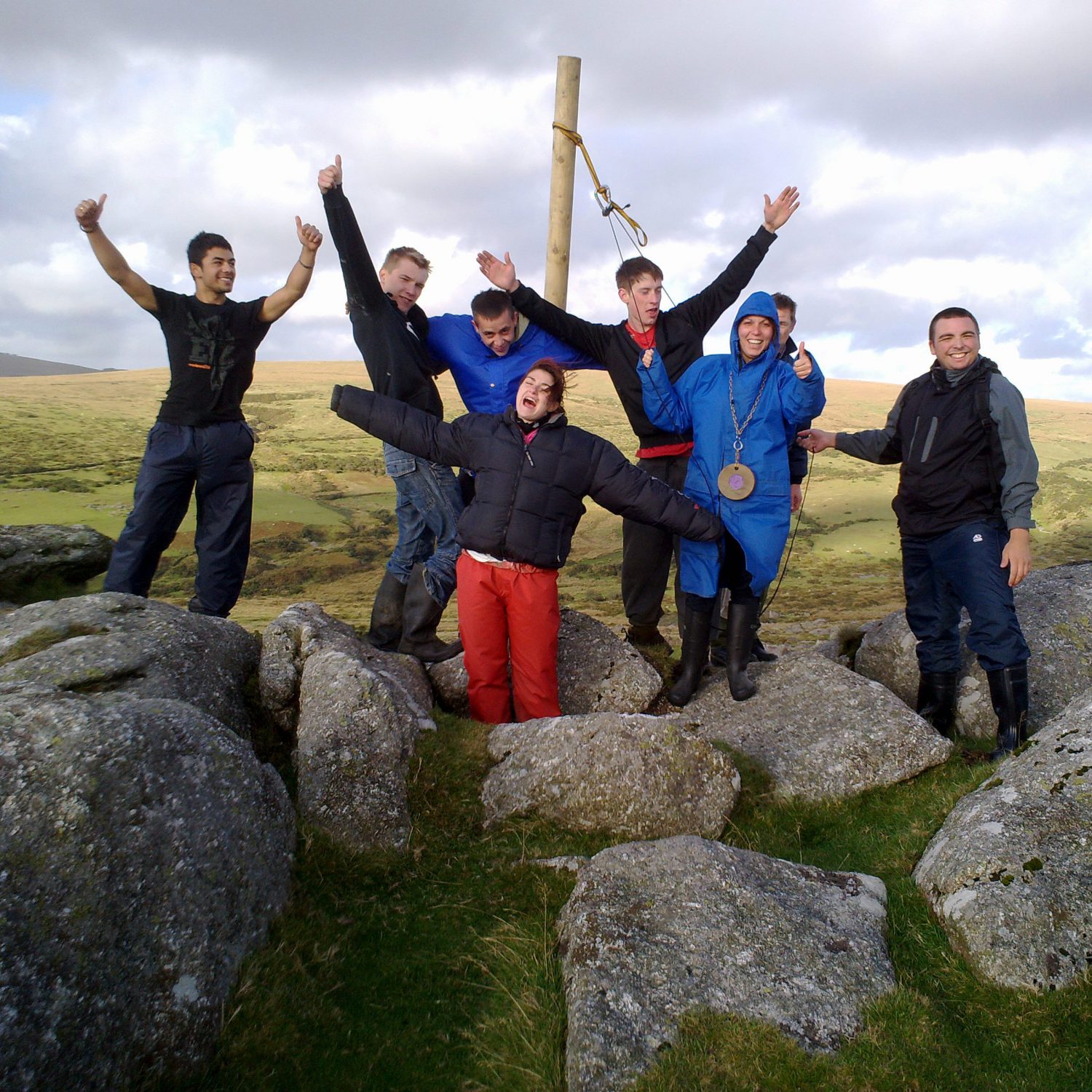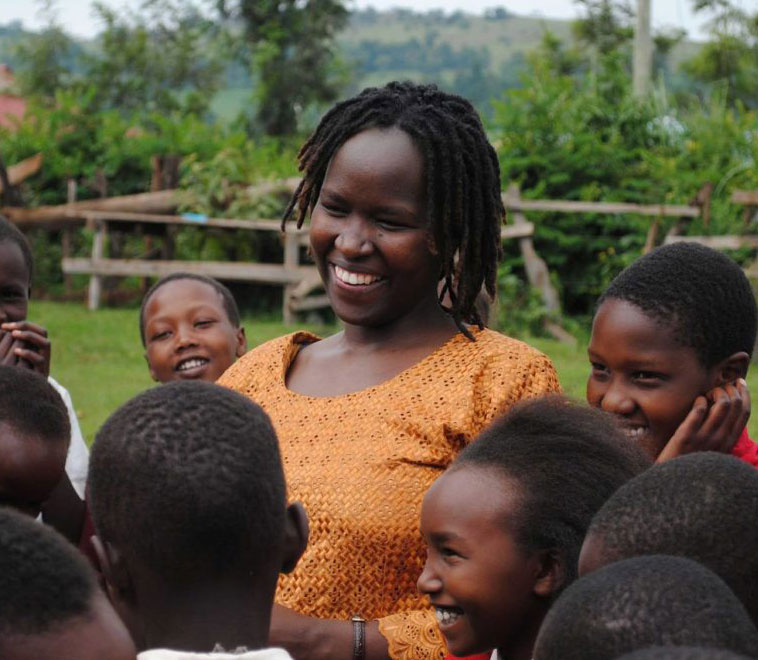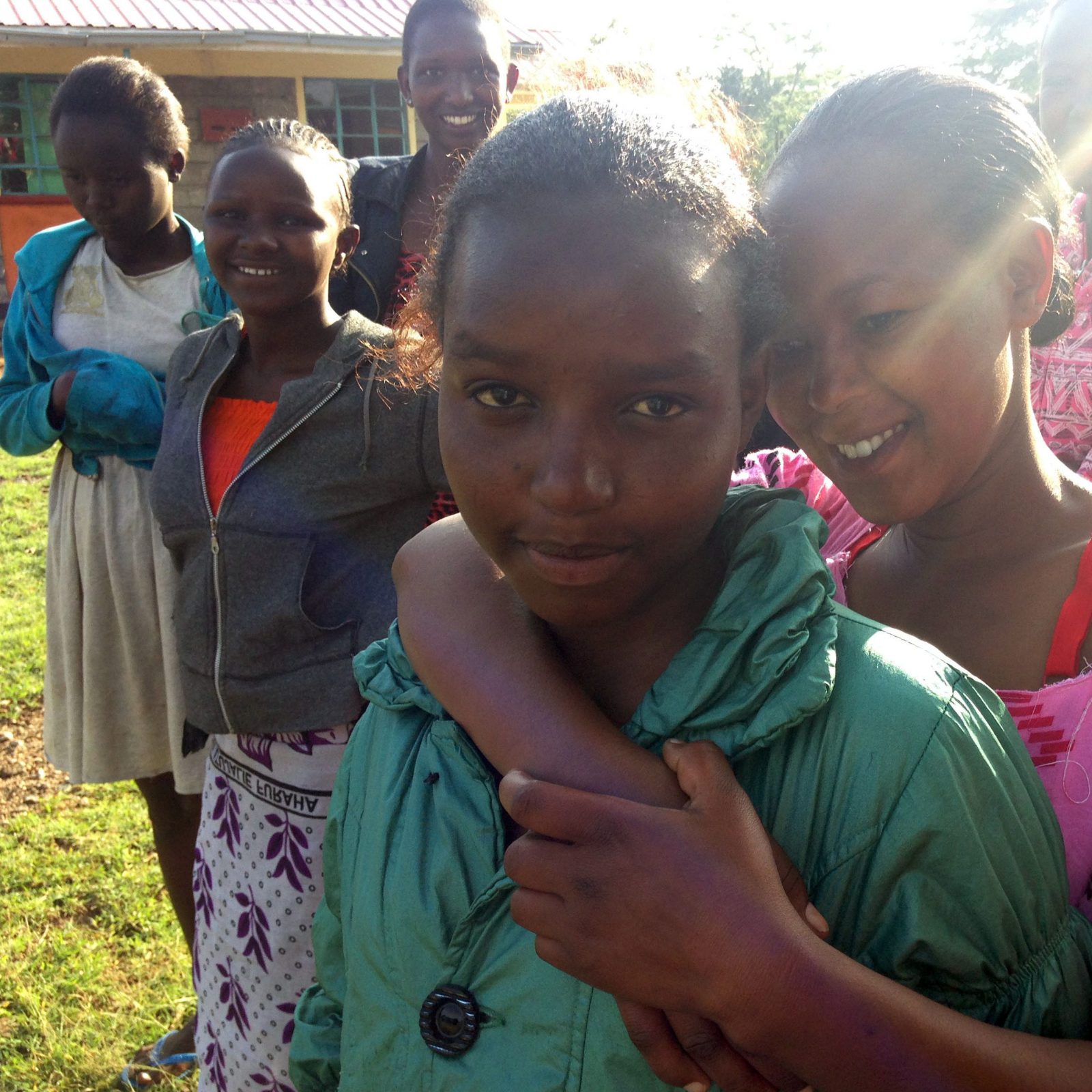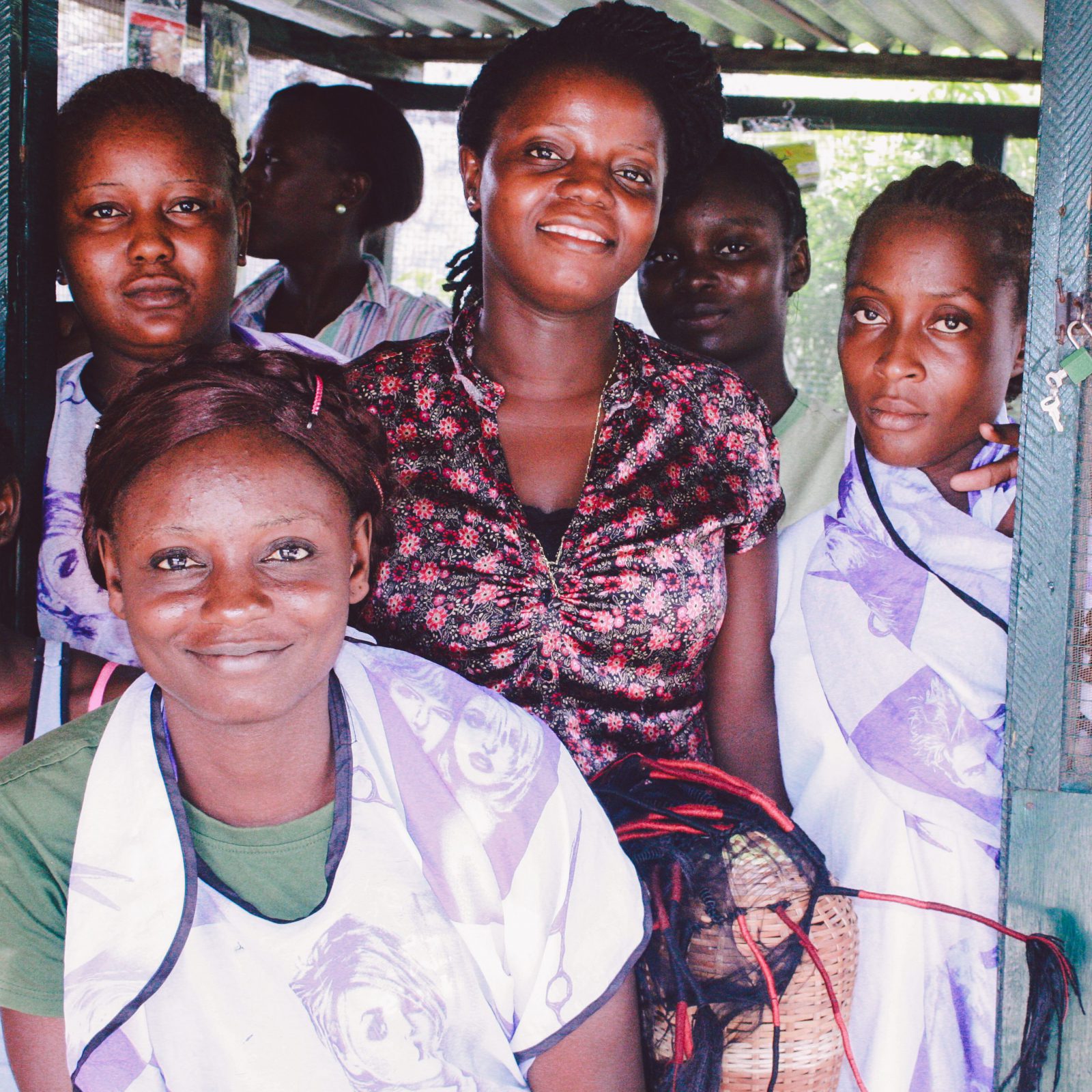Recommended Stories Read All

Europe & Eurasia

Africa & The Middle East

Africa & The Middle East

Africa & The Middle East
Uganda is feverishly preparing for the 31st Africa Cup of Nations—Africa’s biennial men’s soccer championship, which will be held from January 14 to February 5, 2017, in Gabon. Uganda’s national soccer team, the Cranes, is one of the teams participating in this tournament, and head coach Milutin Sredojevic is optimistic that the Cranes will progress from the group levels to qualify for the finals.
Sredojevic has been consistent in his message that “with good preparation and support from the country’s government, they will be able to get some positive results.” A few weeks ago, he added, “Impossible is nothing. Possible is everything. We shall measure our values, test our character against good teams. We have a realistic chance to get good results and pass the group stage.”
I was struck by how the optimism of the coach resonated with the fans. I heard this optimism as I traveled from Entebbe, in central Uganda, though Kampala to Arua, Fort Portal, Hoima, Gulu, Kitgum, Lira, Oyam, and other cities and towns in Uganda.
I was in Uganda to provide support to innovative grassroots organizations that are responding to the needs of vulnerable children, especially girls affected by armed conflict. As I traversed the country, I kept thinking about the coach’s words, and I believe that if the people of Uganda adopt the same positive attitude, work together with relevant stakeholders, and take action to address the needs of vulnerable children, Uganda will be able to improve the systems and structures in place to promote and ensure the protection if its children.
Uganda has made some impressive strides in addressing the challenges of educating its children and youth, but there is still a lot more work to be done to ensure that the over 700,000 school-age children who are out of school are back in school. In addition, more effort needs to be made to improve the well-being of children and youth who have been affected by the Lord’s Resistance Army (LRA) and inter-ethnic conflicts, those forced into early marriage and bound by harmful traditional practices, those who are sexually abused, and those who are victims of human trafficking.
As Sredojevic stated, with support from the government, positive results can be achieved. The coach’s assertions that “impossible is nothing” and “possible is everything” also align with the objectives of Global Fund for Children (GFC), the Partnership to Strengthen Innovation and Practice in Secondary Education (PSIPSE) (an initiative that focuses on improving secondary education in East Africa, India, and Nigeria), and the grassroots organizations that GFC supports that are responding directly to the needs of girls affected by conflict in Uganda.
Some parts of Uganda, such as the West Nile region, have experienced repeated and widespread conflicts that have contributed to the marginalization of most of the inhabitants. The West Nile region currently shelters a large population of Sudanese and Congolese refugees, and although it was heavily affected by the LRA war, it has received minimal attention compared to other parts of the country affected by similar circumstances. The area remains volatile, and this situation impacts efforts to effect a smooth recovery.
Education is essential for all, given its many benefits, and it is especially valuable for marginalized populations. It has the capacity to elevate families out of poverty and end intergenerational poverty by equipping people with the skills needed to obtain employment and command higher wages. Schooling also brings with it social benefits, such as improved self-esteem, greater knowledge about a range of issues, and information on how to make a difference and how to practice healthy lifestyles.
Although the importance of education is clear, there are still many girls who do not attend school, especially in post-conflict areas of Uganda. What GFC is doing is working with the PSIPSE consortium and partnering with innovative grassroots organizations to respond to the needs of girls affected by conflict. It is important to note that these grassroots organizations are working in close partnership with local governments, sharing their learnings and promising practices with them to help to continually improve approaches used to support children.
In Pakwach, a town in northern Uganda that is about a five-hour drive from the capital city of Kampala, I met 17 year-old Doreen, who attends Paroketo Secondary School through the support of GFC grassroots partner Life Concern (LICO). I was impressed by how serious Doreen is about her education, and how committed she is to staying away from bad influences, completing her education, and being able to assist others.
Doreen lives with her 85-year-old grandmother. Her mother died when Doreen was in primary school, and her father was abducted by LRA rebels on his way to his farm and was killed when he refused to join the rebels. Doreen is a strong girl, but as I listened to her, my heart felt heavy and my eyes were moist.
Doreen is among several vulnerable girls whom GFC is supporting in partnership with grassroots organizations that are breaking down barriers to education for girls. LICO provides opportunities for girls to gain access to education, support to stay in school, and assistance to learn. LICO also offers counseling services and implements various activities to sustain the girls’ interest in school and help them improve their self-esteem. Doreen’s apparent ease as she narrated her story for the camera may be due in part to the psychosocial support she received from LICO. Please listen to the rest of the story from Doreen herself.
LICO, which is one of GFC’s grassroots partners supported by the PSIPSE initiative, was at the GFC Knowledge Exchange workshop held in Gulu, Uganda, in October of this year. There, LICO’s director shared the organization’s approach to supporting adolescent girls’ education with other GFC grassroots partners and with local government stakeholders.
With the support of all stakeholders, we can do more for girls like Doreen. I encourage the Cranes of Uganda to work hard as they strive to qualify for the Africa Cup of Nations. And I implore stakeholders to learn from the words of the Cranes’ coach and to get involved in this process to work toward the well-being of vulnerable children in Uganda. Are you on board with us? Please visit www.globalfundforchildren.org and see how you can take this opportunity to be part of this effort to support children.




Global Fund for Children (GFC) UK Trust, created in 2006, is a UK registered charity (UK charity number 1119544). We work to generate vital income, create new fundraising opportunities, and raise awareness of the invaluable work of GFC’s grassroots grantees. Our aim is to extend the reach of GFC in the United Kingdom, Europe, and beyond.
Contact
Work.Life, 4 Crown Place
London EC2A 4BT